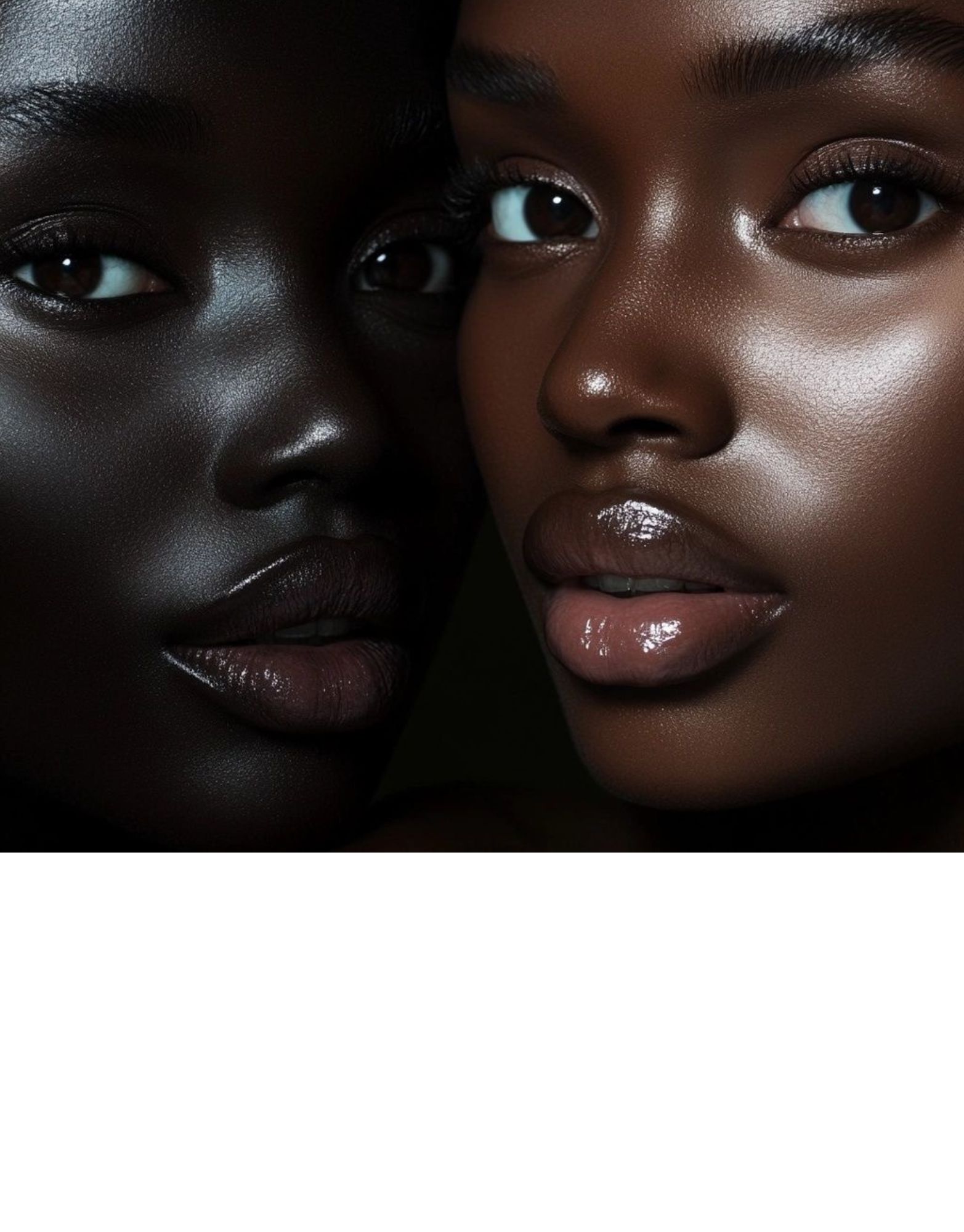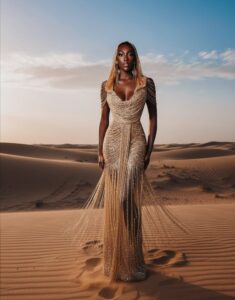By Yunik Treasure
There was a time when dark-skinned women had better luck finding unicorns than foundation that matched. Makeup aisles were a parade of beiges with names like “ivory,” “sand,” and “nude,” as if deeper skin tones didn’t exist or worse, existed only in the margins.
Then along came 2017, and Rihanna did what beauty giants couldn’t be bothered to do. Fenty Beauty launched with 40 foundation shades, many of them for darker skin. And just like that, the industry got a reality check. The Fenty Effect wasn’t a fluke, it was a movement.
Sales spoke louder than excuses. According to a Harvard Business Review study, Fenty’s inclusive range helped it earn $100 million in its first 40 days. Other brands took notes, or rather, panicked. Suddenly, 10-shade ranges ballooned overnight. NARS, Uoma Beauty, and MAC expanded their offerings, while Maybelline’s Fit Me range became a go-to for melanin-rich shoppers on a budget.
Representation went beyond numbers. Brands began including dark-skinned models in campaigns, not as tokens but as the standard. Influencers like Jackie Aina and Nyma Tang used their platforms to spotlight shade disparities and hold brands accountable. They weren’t asking for handouts, they were demanding equality in a beauty industry built on exclusion.
And it worked. Sort of.
Plenty of brands now offer 30 or 40 shades, but there’s still a catch. Some of the deepest ones are mysteriously hard to find in physical stores. Online-only options mean women with rich complexions have to play a guessing game with undertones, swatches, and shipping fees. That’s not inclusivity, it’s inconvenience in a better dress.
Still, we’ve come a long way from the days of “close enough.” Foundation shades now account for undertones, skin conditions, and finish preferences. Whether you’re golden brown, deep olive, or espresso with a red hue, you’re no longer an afterthought. You’re the main character.
The dark-skin glow up isn’t just a win for makeup bags, it’s a shift in mindset. It proves what we’ve always known: when women of colour are seen, respected, and reflected, everyone wins.
And as for those brands still dragging their feet? We see you. And no, we’re not settling for “mocha-ish” ever again.







